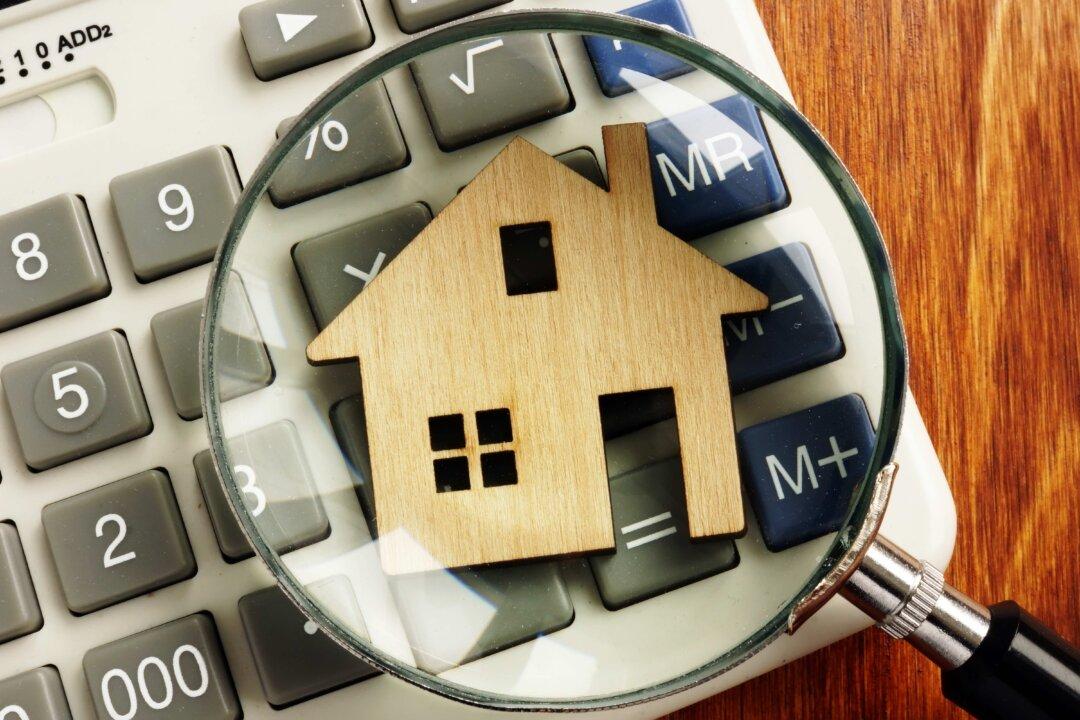From Sandra Block
By Kiplinger’s Personal Finance
Many prospective homeowners focus on whether they can afford monthly mortgage payments, which have been driven higher recently by rising interest rates and skyrocketing home values. But when considering whether a home is within your budget, it’s also important to include ongoing costs, such as property taxes, insurance and maintenance, because those expenses have also risen significantly in the past four years.






